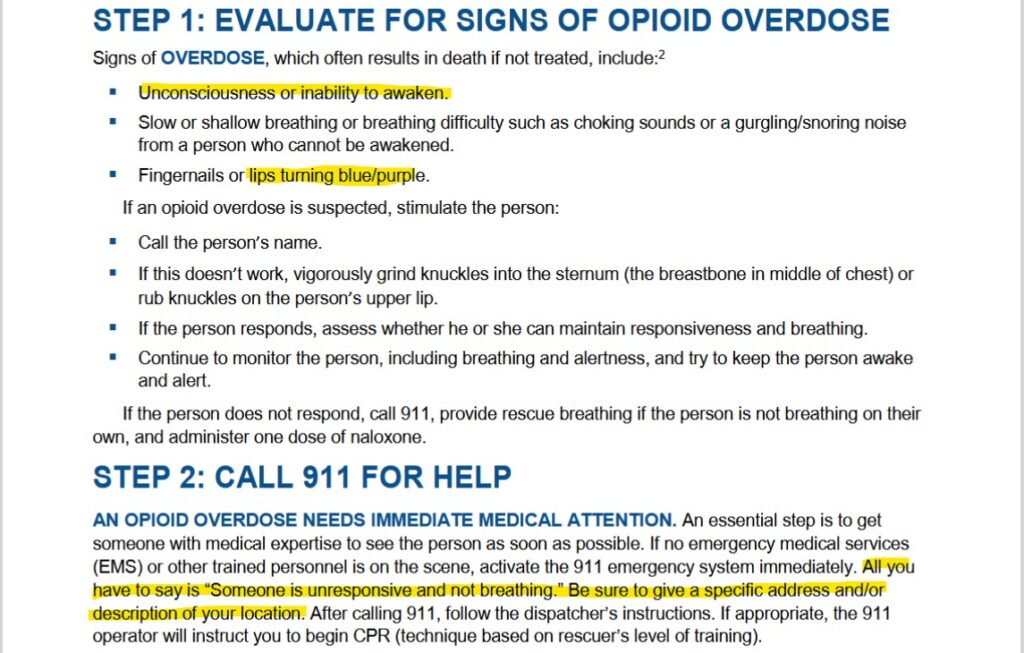
Rising number of false convictions shows stark racial patterns
By Hassan Kanu September 27, 2022
“Sept 27 (Reuters) – The worst miscarriages of justice any system can produce – the conviction or death sentence of an innocent person – are largely driven by racism in the U.S., a new report by the National Registry of Exonerations shows.
The Race and Wrongful Convictions report, opens new tab released on Tuesday also identifies some striking trends in the data about false convictions.”
RI Prosecutor’s Violate the Rules of Professional Conduct
Rhode Island Assistant Attorney General’s use statements made to Pawtucket Police Department Detectives David Silva and Hans Cute obtained during an inhumane, incommunicado interrogation that violated the Fifth Amendment, the McNabb-Mallory Rule and Rhode Island Dist. Ct. Rule 5(a) Initial Appearance and the Fourteenth Amendment Due Process Clause. Using a coerced statement to prove corpus delicti, mislead a jury and win a wrongful conviction violates professional conduct and ethics.
RI Judge allows an inadmissible statement to be used to convict
Judicial Officer’s and Attorneys Know what the Public Doesn’t
The Corpus Delicti Rule designed to prevent wrongful convictions as in the case of State of Rhode Island vs. Victor Colebut
Can a Prosecutor solely use a defendant’s statement to prove corpus delicti – NO
The corpus delicti rule requires independent evidence outside of a confession to establish that a crime actually occurred before a defendant can be convicted based on their statement. “Corpus delicti” translates to “body of the crime” and refers to the legal principle that a prosecutor must present evidence proving a crime happened before relying on a defendant’s confession to link them to it.
Why does the corpus delicti rule exist
The corpus delicti rule is designed to protect against false confessions and ensure that a conviction is based on substantial evidence beyond just a defendant’s statement. To prove corpus delicti, the prosecutor must present evidence like witness testimony, physical evidence, or other corroborating facts that establish the crime took place, separate from the defendant’s statements.
We remind every prosecutor of the words of Justice Sutherland in Berger v. United States, 295 U.S. 78, 88, 55
S. Ct. 629, 633, 79 L. Ed. 1314, 1321 (1935) (quoted in State v. Verlaque, 465 A.2d 207, 214 (RI 1983)):
“The [prosecutor] is the representative not of an ordinary party to a controversy, but of a sovereignty whose obligation to govern impartially is as compelling as its obligation to govern at all; and whose interest, therefore, in a criminal prosecution is not that it shall win a case, but that justice shall be done. As such, he is in a peculiar and very definite sense the servant of the law, the twofold aim of which is that guilt shall not escape or innocence suffer. He may prosecute with earnestness and vigor — indeed, he should do so. But, while he may strike hard blows, he is not at liberty to strike foul ones. It is as much his duty to refrain from improper methods calculated to produce a wrongful conviction as it is to use every legitimate means to bring about a just one.”
R.I. RULES OF PROF’L CONDUCT R. 3.8: Special Responsibilities of a Prosecutor
The prosecutor in a criminal case shall:
(a) refrain from prosecuting a charge that the prosecutor knows is not supported by probable cause;
(b) make reasonable efforts to assure that the accused has been advised of the right to, and the procedure for
obtaining, counsel and has been given reasonable opportunity to obtain counsel;
(c) not seek to obtain from an unrepresented accused a waiver of important pretrial rights, such as the right to a
preliminary hearing;
(d) make timely disclosure to the defense of all evidence or information known to the prosecutor that tends to
negate the guilt of the accused or mitigates the offense, and, in connection with sentencing, disclose to the
defense and to the tribunal all unprivileged mitigating information known to the prosecutor, except when the
prosecutor is relieved of this responsibility by a protective order of the tribunal;
(e) except for statements that are necessary to inform the public of the nature and extent of the prosecutor’s
action and that serve a legitimate law enforcement purpose, refrain from making extrajudicial comments that have
a substantial likelihood of heightening public condemnation of the accused and exercise reasonable care to
prevent investigators, law enforcement personnel, employees or other persons assisting or associated with the
prosecutor in a criminal case from making an extrajudicial statement that the prosecutor would be prohibited from
making under Rule 3.6 or this Rule;
(f) not, without prior judicial approval, subpoena a lawyer for the purpose of compelling
the lawyer to provide evidence concerning a person who is or was represented by the
lawyer when such evidence was obtained as a result of the attorney-client
relationship.
Kristine Ohler had a documented history of overdosing – the RI E911 call was a good-faith call for medical assistance
The Pawtucket Police Department dispatcher, civilian employee Michael Fidalgo who has since separated from the Pawtucket Police Department should be investigated and held accountable for contributing to the death of Kristine Ohler. The responding patrol men and women and responding Sgt. should all be investigated and held accountable for contributing to the death of Kristine Ohler. The firefighters who treated Kristine Ohler should be investigated and held accountable for falsely reporting their license status if found guilty. The vehicle that was used to transport Kristine Ohler was not functioning properly during transport to Miriam Hospital and should be investigated. This was an overdose that was exploited and cover up in the most unjust manner. Framing a 911 caller reporting an overdose to protect the Pawtucket Police and Fire Department personnel.

Victor Colebut may not have known the signs of an opioid overdose when he awoke and found Kristine Ohler passed out on his hallway floor. He was frantic. But he did the right thing; he told the RI E-911 call-taker and the Pawtucket Police Communications Dispatcher, Michael Fidalgo, his girlfriend was non responding and gave his complete address at least three times and both the call-taker and dispatcher were trained to know the signs of an opioid overdose; unlike Victor who obviously was panicking.

The State’s attorney general’s unlawfully held a person accused of a serious crime without bail since February 18, 2020, after an inhumane and unlawful police detention that lasted for more than 30 hours, and violated Victor Colebut’s Constitutional Rights and Protections.
Victor’s demand for a prompt trial on July 29, 2020 was ignored. Rhode Island Public Defender’s Jeffrey David Peckham and Eric Slingo conspired and passed on the Speedy Trial Motion as Victor sat in prison unlawfully.
He took over his case in April of 2024 and became Pro Se and his trial began on February 17, 2025
A Motion to Suppress and a Supplement Motion to Suppress statements made while in police custody during an inhumane, incommunacado interrogation were denied by a RI Superior Court Justice; ALL of Victor Colebut’s Pro Se Motions were decided with judicial bias for the prosecution. After five (5) years of being held without bail without due process of law Victor Colebut was deprived of a fair trial.
During the illegal pre-trial detention there was a total disregard for the Speedy Trial and the Rhode Island Constitution Article 1 Section 9 requirements when the State’s prosecutor’s opposed bail in three (3) separate cases involved and used to deprive Victor Colebut of his Constitutional rights and protections.
Victor Colebut was held at the Adult Correctional Institute, Intake Service Center in Cranston, Rhode Island in AWAITING TRIAL status for five (5) years. Held without out bail. Never having had the benefit of a bail hearing. During this time Rhode Island Special Assistant Attorney General Shannon Signore and her partner Jonathan Burke – the Rhode Island Attorney General’s Office – never submitted any monthly reports to the Rhode Island Department of Corrections verifying why Victor Colebut was still being held without bail in awaiting trial status.